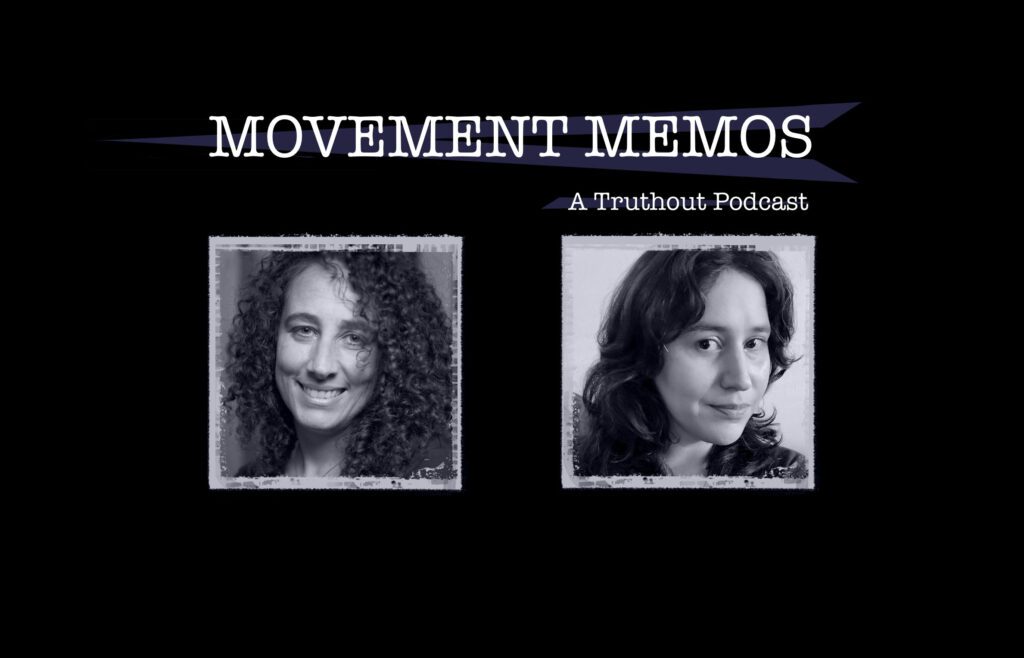In the latest episode of Truthout’s podcast “Movement Memos,” host Kelly Hayes and activist Andrea Ritchie delve into the role of criminalization in reinforcing authoritarian regimes. Ritchie argues that reliance on the rule of law amid political turmoil is misguided, asserting that such laws often serve the interests of those in power. She contends that criminalization creates divisions between “us” and “them,” leading to targeted repression, especially against marginalized groups.
As the Trump administration’s authoritarian governance threatens societal structures in cities with predominantly Black leadership, Ritchie stresses the urgent need for alternative frameworks focused on transformative justice and community care rather than traditional law enforcement. The discussion emphasizes the importance of creating community-driven systems of mutual aid and collective resilience to counteract the harmful impacts of criminalization.
Ritchie advocates for a shift towards viewing outlaws—those who defy unjust laws—as key figures in resistance, urging activists to focus on building supportive ecosystems rather than clinging to legalistic narratives. The conversation culminates in an appeal for collaborative organizing that fosters care and community, enabling collective action against fascism and systemic violence. Various resources and toolkits, like the “Mapping Community Ecosystems of Collective Care,” aim to equip communities with practical strategies for mutual support and liberation.



